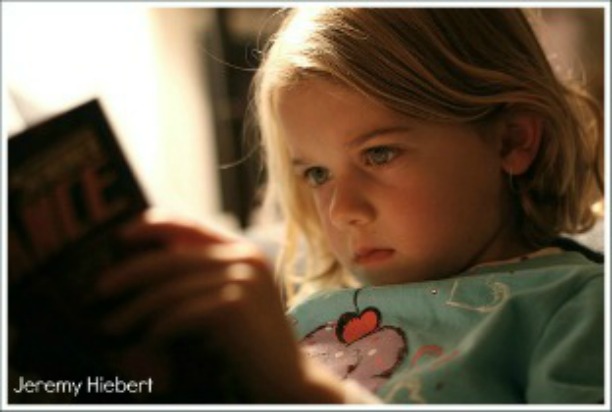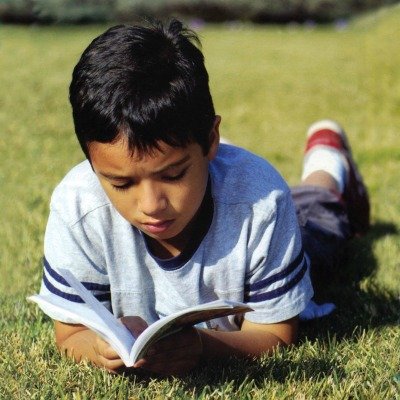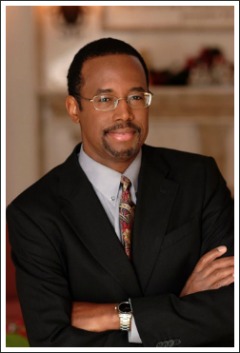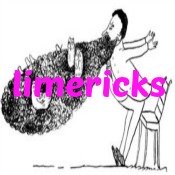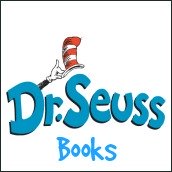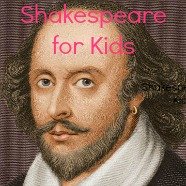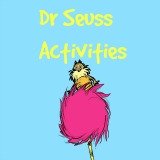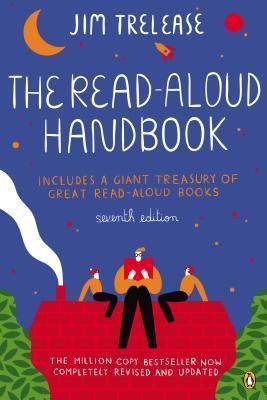You are here: home / why reading is important
The Importance Of Reading
Do you wonder about the importance of reading for kids today?
Do you think reading is probably not as important as it was in the past?
So much of our learning and entertainment is screen-based these days that it’s tempting to think reading doesn’t matter as much as it used to. After all, why read the book when we can watch the movie?
Well, as it turns out, there are actually a number of really important benefits of reading. In fact, there is clear and very strong evidence that reading is fundamental to our children’s success at school and in their lives beyond school.
Here's a brief summary of what we know about kids and reading.
Reading is Fundamental to School Success
Reading is fundamental to your child's success at school. As a primary/elementary school teacher, I see this every single day that I teach. The children who love reading read well and the children who read well do well at school. It's as simple as that.
If you did nothing more to support your child's education than to read aloud to him every single day from birth, that would be enough. It would be enough because he would love stories and understand that there is power and magic in the written word. It would be enough because it would be sparking his imagination at every turn, inspiring him to imagine what might be possible. It would be enough because he would be absorbing language - the rhythm of it, the way the words work together to create meaning and, of course, the words themselves. It would be enough because all of this would be creating connections in the child's brain which would otherwise not exist. And the result would be that, when he's old enough, your child would seek out books for himself and would continue to learn.
Fast-forward to your child's school days. If you think about it, almost our entire education system is based on our children’s ability to understand, interpret and analyse written texts.
Kids need to be capable, confident readers so they can make sense of the huge amount of information they're exposed to. Even if the information they're reading is on the internet, they still need strong reading skills to be able to understand and analyse it. They also need to be able to create written work that gets a particular message across in a coherent way and this requires the ability to read well.
Reading immerses kids in language, exposing them to new words and to ideas and experiences outside their own day-to-day lives.
Reading is about interpreting what the author has written, making meaning from what is said and from what is left unsaid and the more a child reads the better he gets at doing this.
In a nutshell, reading is the foundation-stone of all education.
Reading Develops the Brain
The positive effects of reading on the development of the human brain have been recently confirmed by psychologists from Washington University in St Louis, Missouri, who used brain scans to see what happens inside our heads when we read stories.
The researchers found that, when we read, our brains act as if we are actually experiencing the situations we're reading about. The brain weaves these situations together with experiences from its own life and in doing this actually creates new neural pathways.
Just before the film version of The Hobbit was released (a big thing at our place), one of my favourite authors, Kate Forsyth, wrote a piece in the The Sydney Morning Herald about the differences between reading a book and watching a film.
This is part of what she wrote:
"When watching a film, the brain is basically inert and passive. While reading a book, the brain lights up like fireworks. Reading activates many different parts of the brain. When we read about the smell of a troll's larder our primary olfactory cortex lights up. When we read of a dwarf's leathery hands, our sensory cortex is roused. When a hobbit hero is jostled and jolted, the motor cortex, which co-ordinates the body's movements, whirrs into action."
Emily Rodda, author of the wonderful Rowan of Rin books and of the Deltora Quest series, made this point back in 2011:
"It’s very, very important we go on reading because there is a logic and a rationality to even the most fantastic story, and a complexity and an understanding of how people work things out, which doesn’t appear in film because it’s all visual. Things might happen in a logical order in a film but you don’t get that rational explanation of why things happen.
If we want our future citizens to be able to reason and to see propaganda for what it is, for example, or work their way through people trying to persuade them to do something by appealing to their emotions, it’s important, in their childhood, that they’ve learnt about rational argument and I think that’s one thing books do."
Reading Promotes Empathy
Studies have also found that reading make us more empathetic. This is because reading immerses us in someone else's thoughts and experiences so that we effectively see the world through the eyes of another person.
Kate Forsyth put it this way:
"When you read a book, you experience the story from inside the hero's skin; you are privy to their innermost thoughts and feelings, leading to a much deeper emotional connection. Even if that hero is a hobbit with hairy feet."
In contrast, immersing ourselves in technology, at the expense of reading, seems to be behind a dramatic fall in empathy among teenagers in many countries.
So encouraging your child to read can actually make him or her a kinder person and so more likely to enjoy positive social relationships. How wonderful is that?
Ben Carson on the Importance of Reading
The best example of the importance of reading and how reading can transform lives is the story of Ben Carson, a little boy with all the odds stacked against him who went on to excel at school because his mother knew the importance of reading.
Ben Carson's story is told in the inspirational book Gifted Hands which is well worth getting hold of. I'm in the middle of reading another of Ben Carson's books, The Big Picture, which I'm really enjoying.
Here's what Ben has to say about the importance of reading. He begins by talking about Booker T. Washington, a man who was born a slave and risked severe punishment by learning to read and goes on to explain:
"Through reading he educated himself to the point where he became a friend and adviser to presidents. His example reinforced what I was learning in my own life about the power of reading not just to educate but to transport you temporarily out of your circumstances, to broaden your perspective and to give you a clear enough view of the bigger picture to find your way past the biggest obstacles and overcome whatever hardship you face."
References:
Forsyth, K. (2012). The Tolkein Genius. The Sydney Morning Herald, 8 December 2012.
Carr, N. (2012). Don't let technology stultify your brain - download a book. The Sydney Morning Herald, 2 January 2012.
Rodda, E. (March, 2011). Retrieved from http://studentslearn.wordpress.com/2011/03/22/emily-rodda-literary-learning/
home >>> importance of reading
